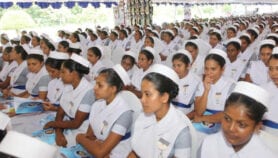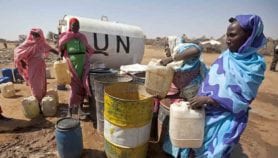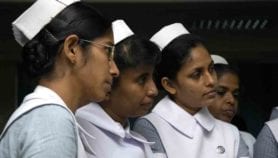By: Lawrence F. Levy
Send to a friend
The details you provide on this page will not be used to send unsolicited email, and will not be sold to a 3rd party. See privacy policy.
Developing countries aspire to first world standards in university education, and seek to train graduates to an acceptable international standard. But such countries cannot compete with the salaries or working conditions offered by richer nations. The situation has triggered an exodus of young scientists and doctors.
In this article, Laurence F. Levy of the University of Zimbabwe, Harare, argues that developing countries might be making a mistake by modelling their teaching programmes on the developed world. It would be better to produce graduates whose qualifications are not recognised abroad, he says; although they might function at a lower standard than elsewhere, at least they would be of some help to their country.
At the very least, he argues, the developed world should consider reducing the developing world’s debt as repayment for its very considerable contribution to its health services. Otherwise we are just witnessing another form of colonialism: the developing world produces the resource; the developed world takes it.
Link to article in the British Medical Journal
Reference: BMJ 327, 170 (2003)













